What UNLEASH America 2025 told us about the future of HR tech

At UNLEASH America 2025, one thing stood out: AI agents are everywhere—but meaningful use still hinges on data, ethics, and clear leadership. From keynote calls for reinvention to cautionary insights on AI risks, it’s clear that HR leaders need more than new tools. They need practical strategies, critical thinking, and the infrastructure to make change stick.
These are our key takeways from Unleash America 2025.
A key trend: AI agents have entered the chat
If 2024 was the year everyone started talking about skills, 2025 was the year every vendor launched an agent.
The expo floor was filled with intelligent assistants—bots designed to guide employees, recommend learning, or automate workforce planning. Some were impressive; many felt premature. The result was a mix of enthusiasm and confusion. Attendees often asked:
- What problem does this agent solve?
- What data does it use?
- Can I trust the answers?
It became clear that adoption is running ahead of understanding. While vendors are racing to stay ahead of the trend, many HR teams are still a few steps behind. There's a growing need to slow down and clarify what work and why.
From the main stage: Three keynote moments that mattered
1. 2025 Is the start of reinvention [Josh Bersin]
“You’re going to look back 10 years from now and remember 2025 as the moment it all changed.”
Josh Bersin
Bersin opened Day Three by calling this year a turning point in HR history. AI, skills, and system design are converging—but many companies are still building for yesterday’s challenges. His message: design for adaptability, not control. Legacy systems won’t help you lead in the new world of work.
2. AI ethics starts with you [Dr. Joy Buolamwini]
“It’s not just about auditing the AI. It’s about auditing the people and the processes behind it.”
Dr. Joy Buolamwini
Dr. Buolamwini, founder of the Algorithmic Justice League, brought a strong ethical lens to the discussion. She reminded HR leaders that adopting AI isn’t neutral—especially when it affects hiring, mobility, or performance. Her keynote called for greater transparency, bias checks, and human oversight in every AI rollout.
3. Human-centric AI, or nothing at all [Max Tegmark]
“If we get AI wrong, we may not get another chance.”
Max Tegmark
Tegmark, MIT physicist and co-founder of the Future of Life Institute, issued a compelling call to design AI around human needs. HR, he argued, sits at the intersection of people and technology—and needs to take that responsibility seriously. His challenge: look beyond automation, and ask how AI is shaping the way we live and work.
What HR leaders need right now
Across keynotes, panels, and conversations on the floor, three practical needs emerged for HR leaders navigating this shift:
1. Clarity over complexity
The pace of AI development is dizzying. HR teams don’t just need new tools—they need help understanding how they work, what they’re good for, and what’s just marketing.
2. Infrastructure first
From Microsoft to SAP, every major keynote emphasized the same truth: AI only works if the data is reliable. That means investing in data readiness before adding another AI feature.
“If you don’t have the data, you don’t have AI.”
Karen Kocher, Microsoft
3. Leadership that listens
The human side of transformation came through again and again. Whether it was L’Oréal’s “Flip the Script” onboarding story or Google’s call to lead with humility, the message was clear: don’t lead with tech—lead with people.
“Leading right now is not for the faint of heart.”
Brian Glaser, Google
Final thought
UNLEASH America 2025 showed that AI is no longer hype—it’s here. But using it wisely is another story. The leaders who succeed won’t be the ones who adopt the most agents. They’ll be the ones who stay curious, ask hard questions, and build the right foundation.
See you next year @Unleash !
Getting started with skills
3 practical tips on implementing a skill-based approach
Blog
From guides to whitepapers, we’ve got everything you need to master job-to-skill profiles.
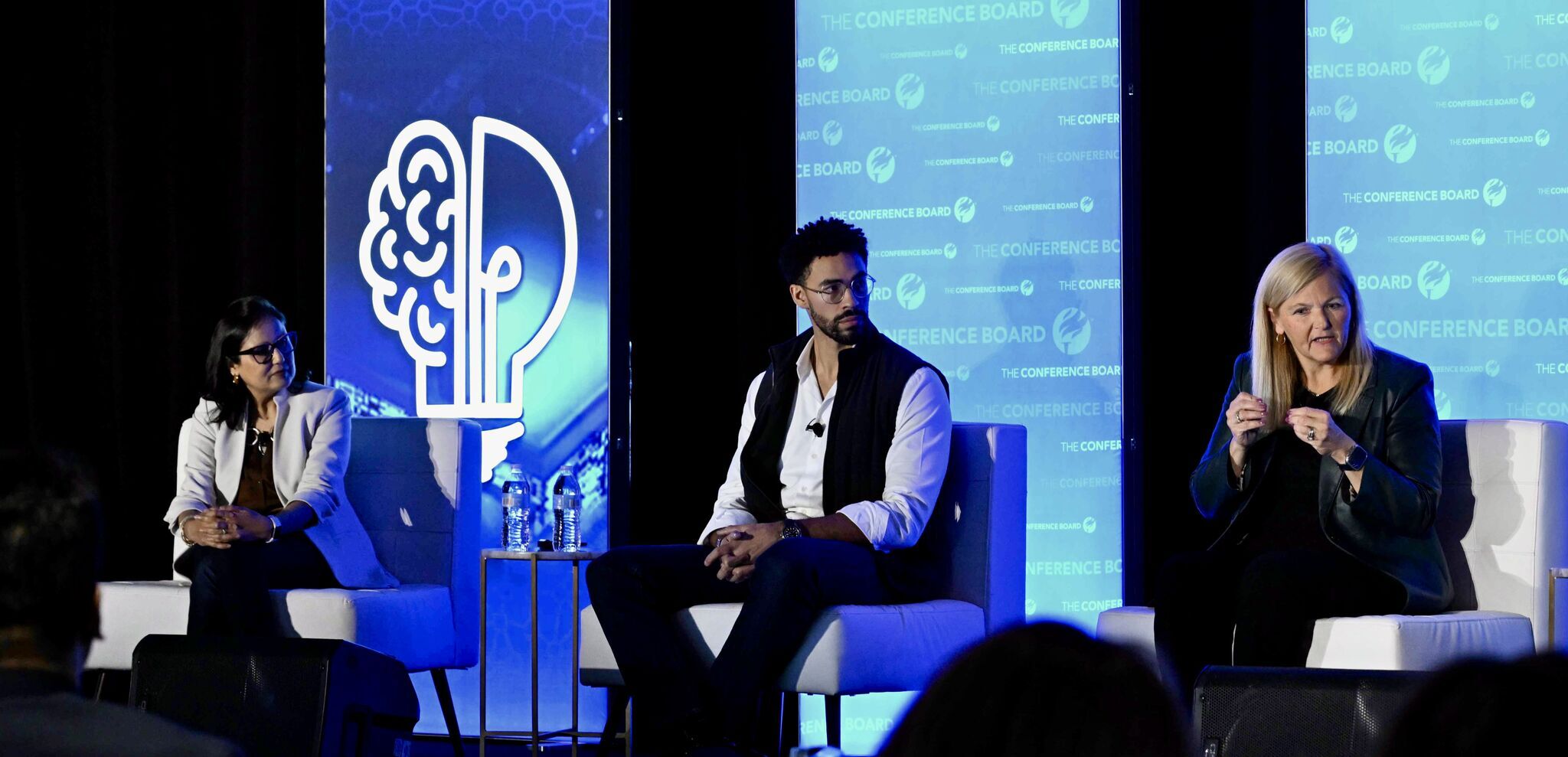

What we learned at the AI Leadership Summit NY 2025
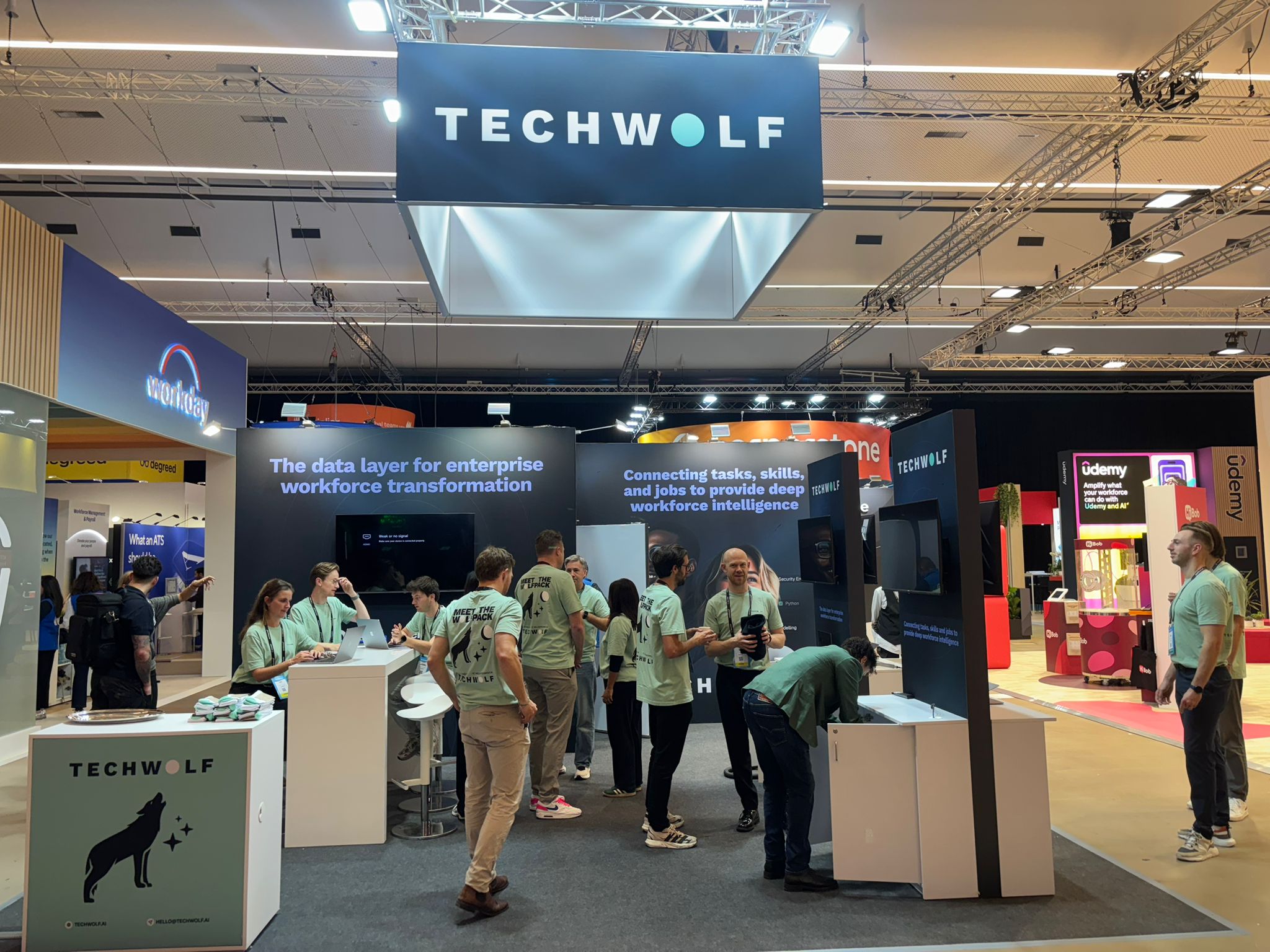
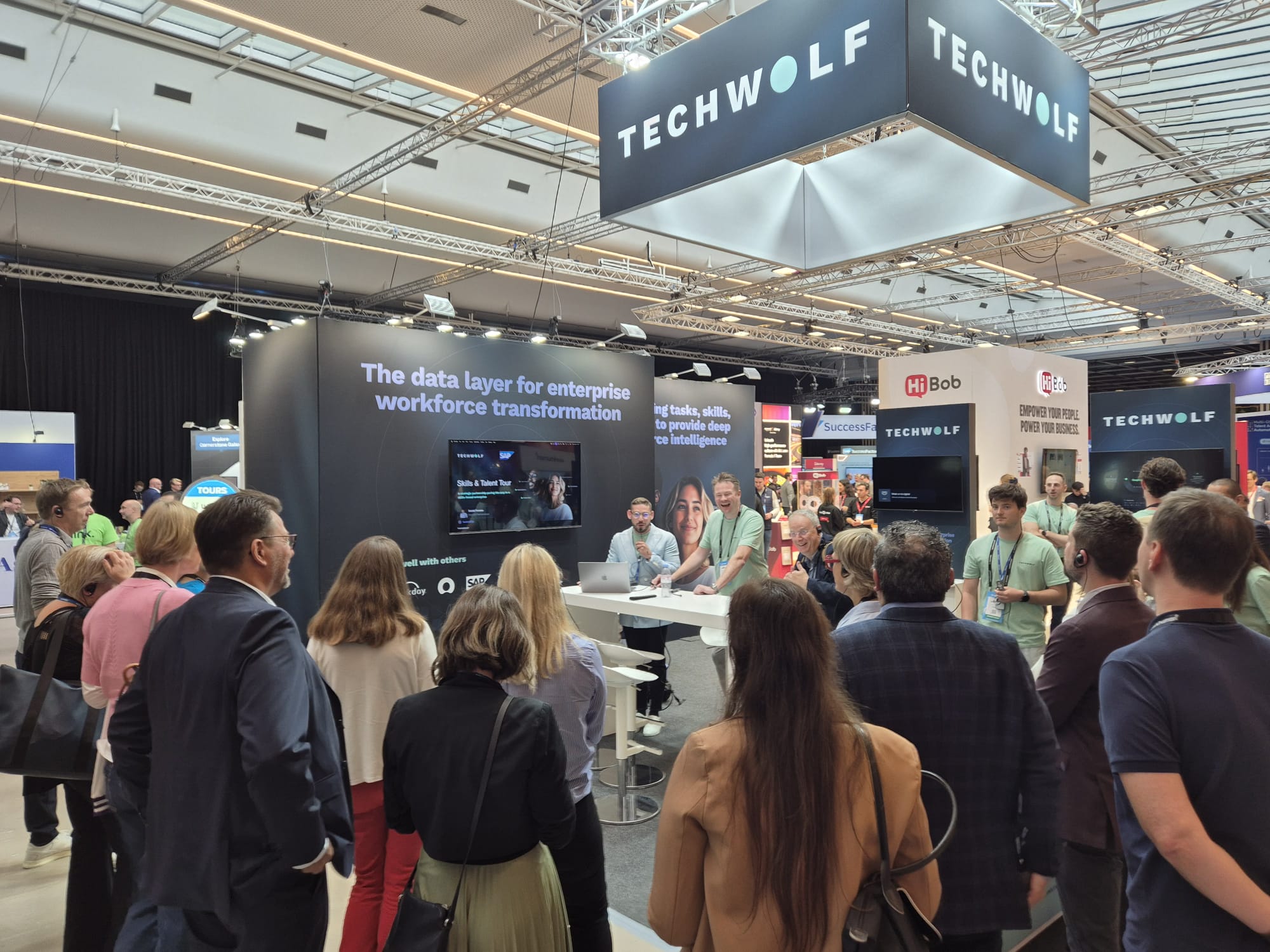
What we learned at UNLEASH Paris 2025
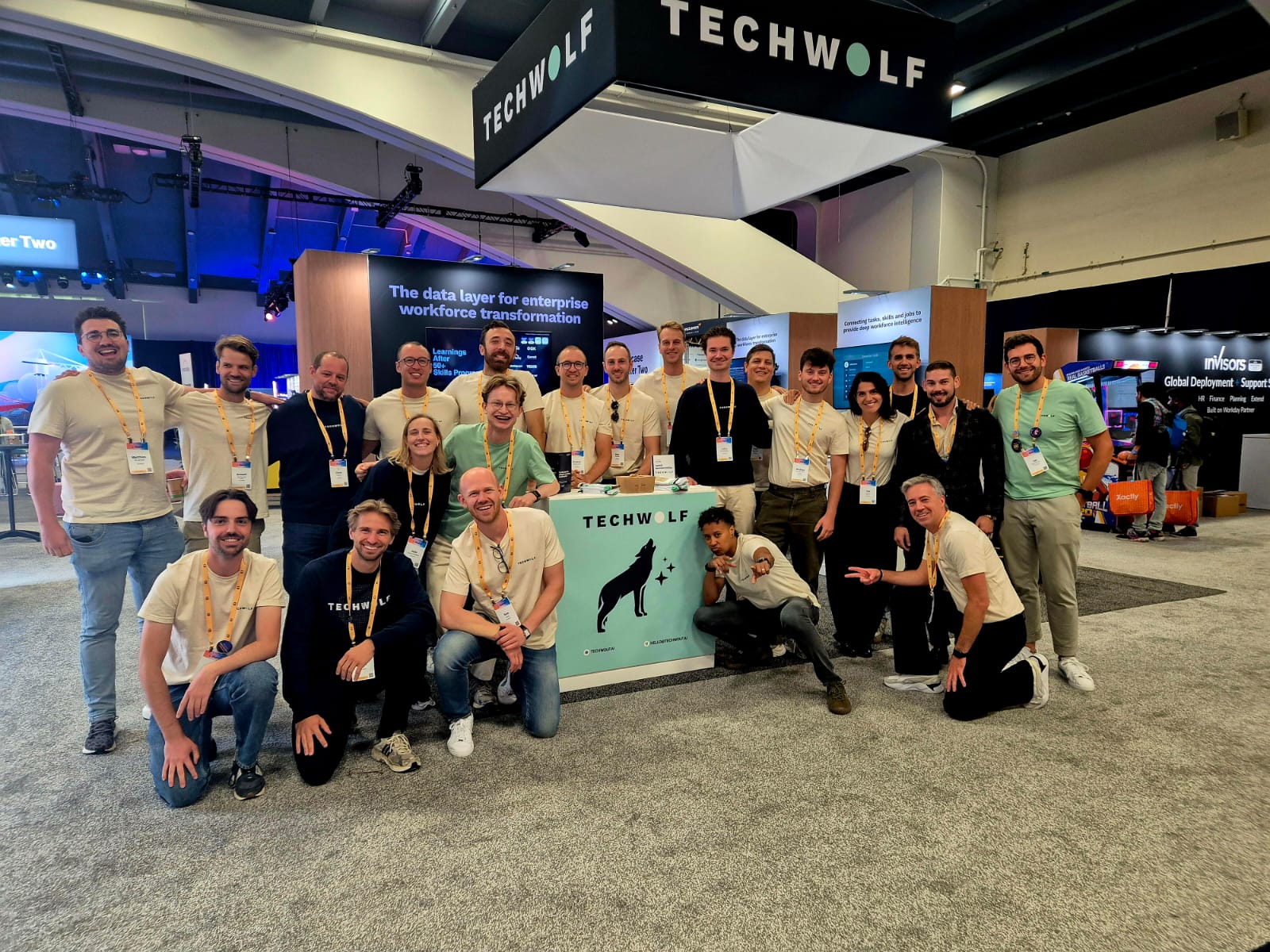




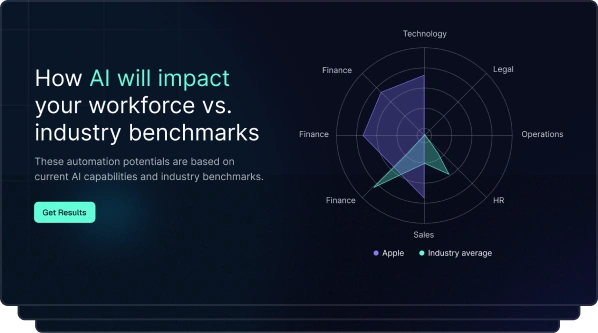












.svg.png)


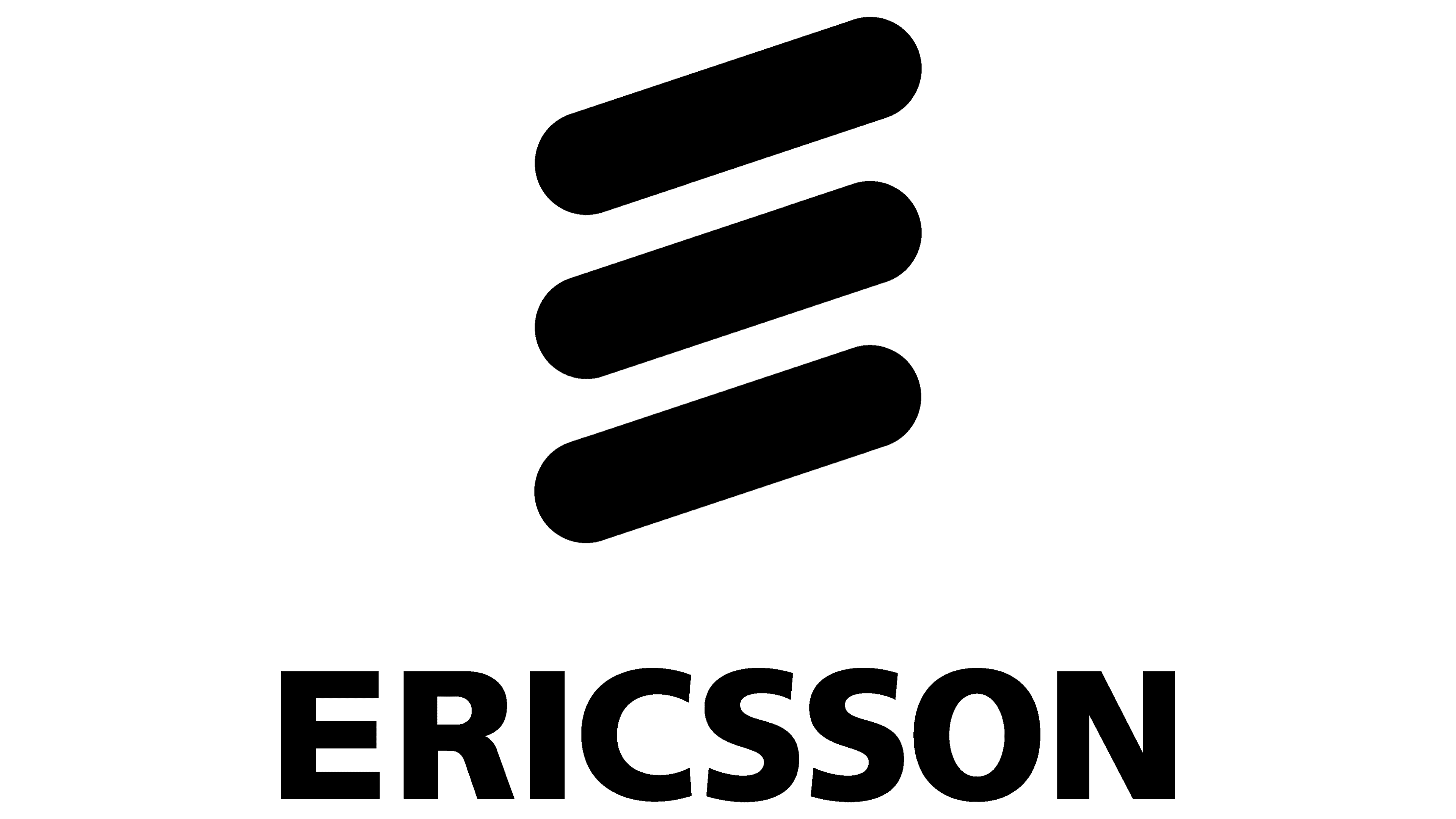
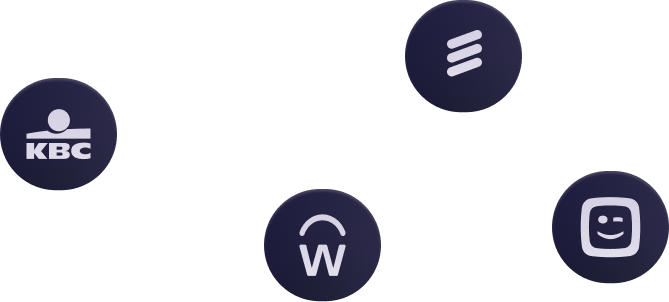












.jpg)




